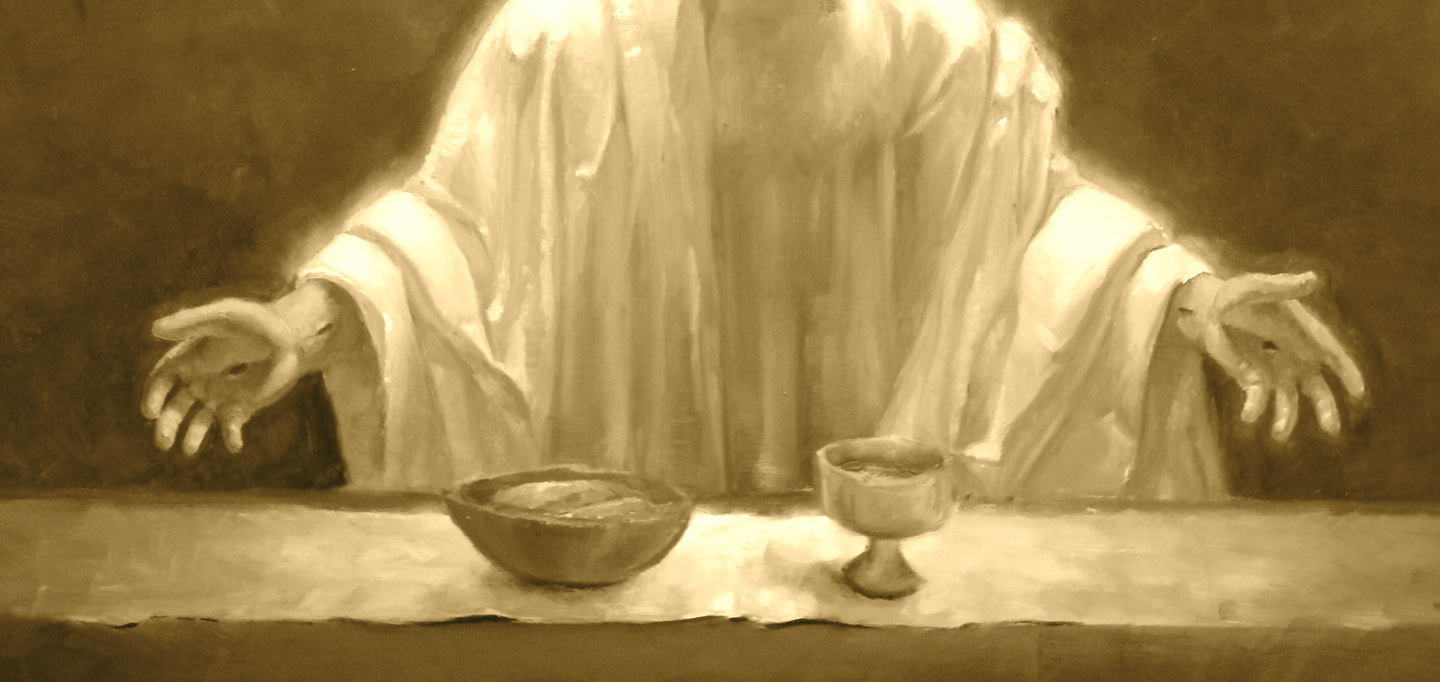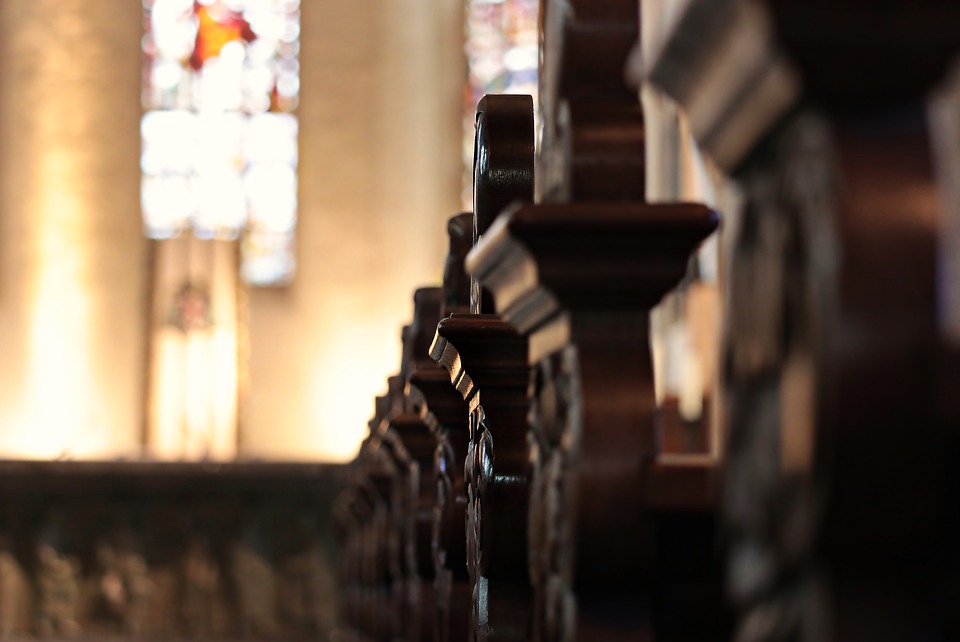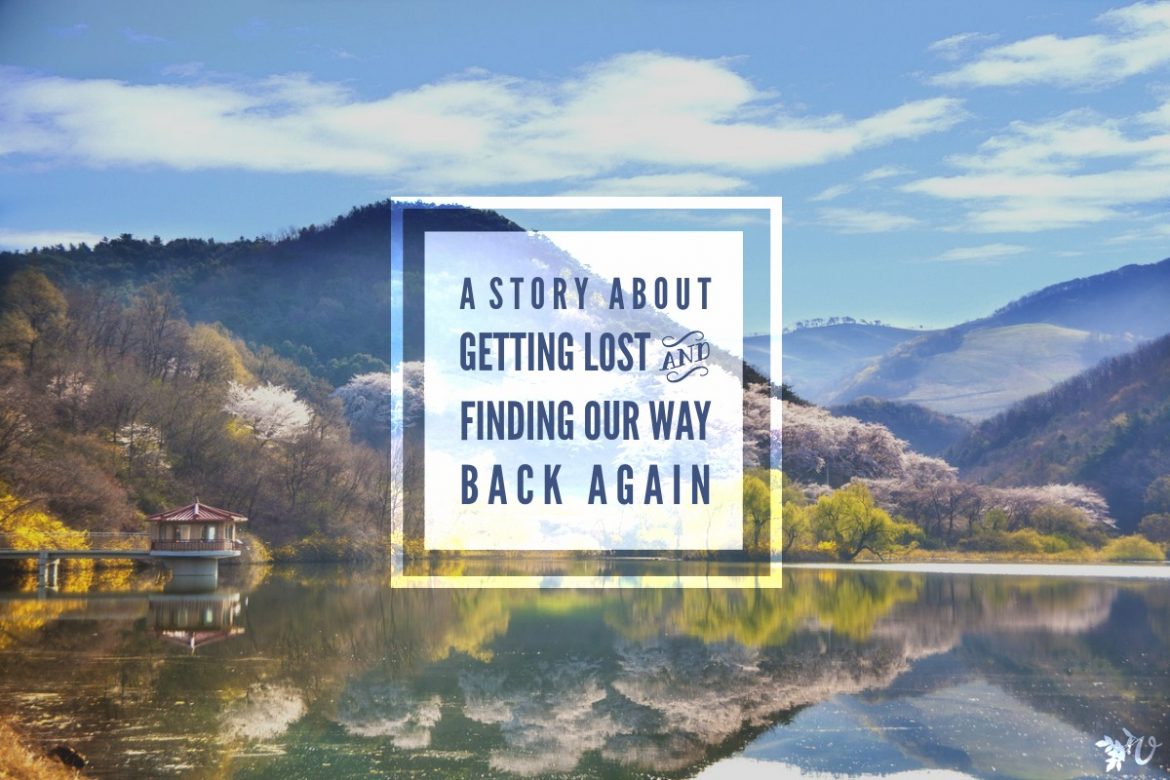It just sort of happened.
As a teenager growing up in an a cappella church with an a cappella youth group, I sang a lot. In a non-instrumental church, any guy who can loosely carry a tune will be asked to carry that tune. A lot. And so I was. Over and over. And over. No guitar skills necessary.
In college, our inter-denominational student ministry needed a band leader. I still lacked all guitar skills, but no matter, they tagged me and I became the de facto leader for our Thursday night gatherings.
And then I actually started working for a church, leading the youth and worship ministries. I led worship nearly every Sunday for about six years. And that’s how we get to 600 plus.
I recently sat down to ponder what life lessons those experiences taught me.

1. It’s not about me.
Whether I’m standing before a group of 15 or 500, it’s not about me. It’s about the struggling mom of littles, the financially-strapped couple wondering how to make ends meet. It’s about the widower who feels his loneliness deep in his bones. It’s about the teen who’s trying to figure out who she is — and who God is.
Of course, it’s not about me.
And of course, it’s not primarily about them either. It’s about the Father who is longing to connect with his beloved people through moments of communion and community. It’s about the presence of the only One who is worthy; it’s about what the Spirit is saying to his Church.
2. Sometimes, you just have to show up, even when you don’t feel like it.
When you do anything over and over and over again, even if it’s a good thing, there will come a time when you don’t feel like doing it. Well, what’s a worship leader (or human) supposed to do? Is it inauthentic to stand before people when you’ve had a crappy night’s sleep, or when you’re in the middle of a big fight with your wife, and pretend that things are OK?
I really had to wrestle with this. Every Sunday is not a glorious day, and there were many Sundays the last thing I wanted to do was go to church, much less lead people in worship.
Showing up and doing your job, even when you don’t feel like it, isn’t inauthenticity. It’s actually maturity.
One question that continues to help me with this is, “Who is benefiting from my NOT revealing everything?” Am I hiding my true self from people in order to protect myself? In order to avoid intimacy? Or am I not revealing EVERY THING IN EVERY SINGLE MOMENT to get myself out of the way and help people meet with God? Is it for me or for them? If it’s for them, then it’s probably OK. (Of course, this assumes that at some point, and with some people, the leader will be authentic and vulnerable.)
God is worthy of worship whether I feel like it or not, and sometimes I need to stand before him and worship not because of my feelings, but in spite of my feelings. This is true about leading worship, and it’s true about leading life.
3. Smiling matters. A lot.
Effie Harnden was a kind old lady who became The Great Encourager of my 16-year-old self. When I was just starting out, someone told me, “Locate the few people who are smiling; look at them often.” I looked at Effie a lot.
It’s pretty good life advice too, “Locate the few people who are smiling; look at them often.”
4. Eye contact matters.
I’ve seen worship leaders who never look at a single person in the audience. That M.O. can look super-spiritual, and maybe it is. Maybe they’re lost in total adoration, caught up in the moment. Or maybe they’re just super disconnected from the people their leading.
In life too, I’ve seen people who never notice the people in front of them. So look at people, look at their eyes, wonder about their stories, ask about their stories. If you do, you will impact people very deeply; for when it comes down to it, we are all longing to be seen, even if we’re desperately afraid of it.
5. Church people are the worst.
Some people at some churches hated me. They disliked my style, my music, and maybe even my face. It’s just the way it is. Some people will not like you no matter what you do. That does not necessarily mean you’re doing something wrong or bad, but it does mean that you (and they) are humans.
6. Church people are the best.
It was church guys who painted our house when my mom was sick with terminal cancer.
It was the “casserole ladies” who fed us.
It was inter-generational trips and Bible studies that showed me how to be a Christian adult, not just a Christian teen.
It was a man, a leader in the church, who came to my side when I couldn’t finish leading God Moves In a Mysterious Way. The cancer-induced tears were drowning me. He stood with me, shoulder to shoulder. We were two men at the front of a church, one young and crying, unable to voice anything. The other, older, an elder, choking tears and singing through empathy.
I will never forget that moment, because in that moment, standing vulnerable before God and his people, I was not alone. I was joined by a man thirty years my senior, and I was saved.
7. Complainers complain.
It’s what they do. But it is possible, sometimes, to maintain a positive relationship with complainers. And when it’s possible, it’s also extremely valuable.
But sometimes complainers are just toxic and keeping relationship with them is inadvisable. One key difference? If the complainers really want what’s best for you and for the church, they just really disagree with you, it’s probably best to try to maintain a friendship. If they’re out to control and dominate, manipulating through pressure and threats, to meet their own twisted needs, yeah, run away.
8. Every minute leading people requires two minutes NOT leading people.
At least.
The times that you’re NOT leading are more important than the times when you are leading. It may not look related, but sabbath has a direct impact on Sunday.
9. Displaying authentic emotions, even tears, in front of people, may be the most “leaderish” thing you ever do.
We live in hard times, and my current job as a pastoral counselor has convinced me (again) that most people do not feel free to really feel their feelings. They feel societal, religious, familial pressure to “keep it all together,” whatever that means. By showing emotions, leaders can help change this. We must change this.
10. If at the end of the day, people only remember your skills (or skinny jeans), you’ve failed.
When it really matters, people won’t care about your vocal ability. People won’t care about your flashy .pptx or Prezi or Keynote. People won’t care about your hair style or flannel shirt. At the end of the day, people will ask, “Did he care about us? Did he care about the Church?”
Basically, what matters when the sun sets are these three things:
- Was I a person of faith, even in my doubts?
- Did I demonstrate hope, even through my despair?
- And in a world gone mad, did I love like Christ?
May God help us all to live towards that.
~~~~~~~~~~~~~~~~~~~
As I drafted this article, I wept.
I remembered my church, the Red Bridge church of Christ, and my breath caught.
You see, as I pondered, I realized something: I needed them way more than they needed me. That’s just the truth. I was in front of them, but they were leading me. I taught them new songs, but they taught me what Jesus looked like with skin on. I cried in front of them, and they joined their hearts with mine and embodied those beautiful people who mourn with. I got frustrated with them and I’m sure they got frustrated with me, and yet, we stayed friends. I’m so very glad we did, for those dear saints showed me what a “long obedience” could look like.
I’ll forever be grateful for the group of God’s people who invited a scrawny teenager with a pitch pipe to stand, to cry, to lead. They taught me so much, and I will never forget them.
*Photo by Matthew Henry on Unsplash






